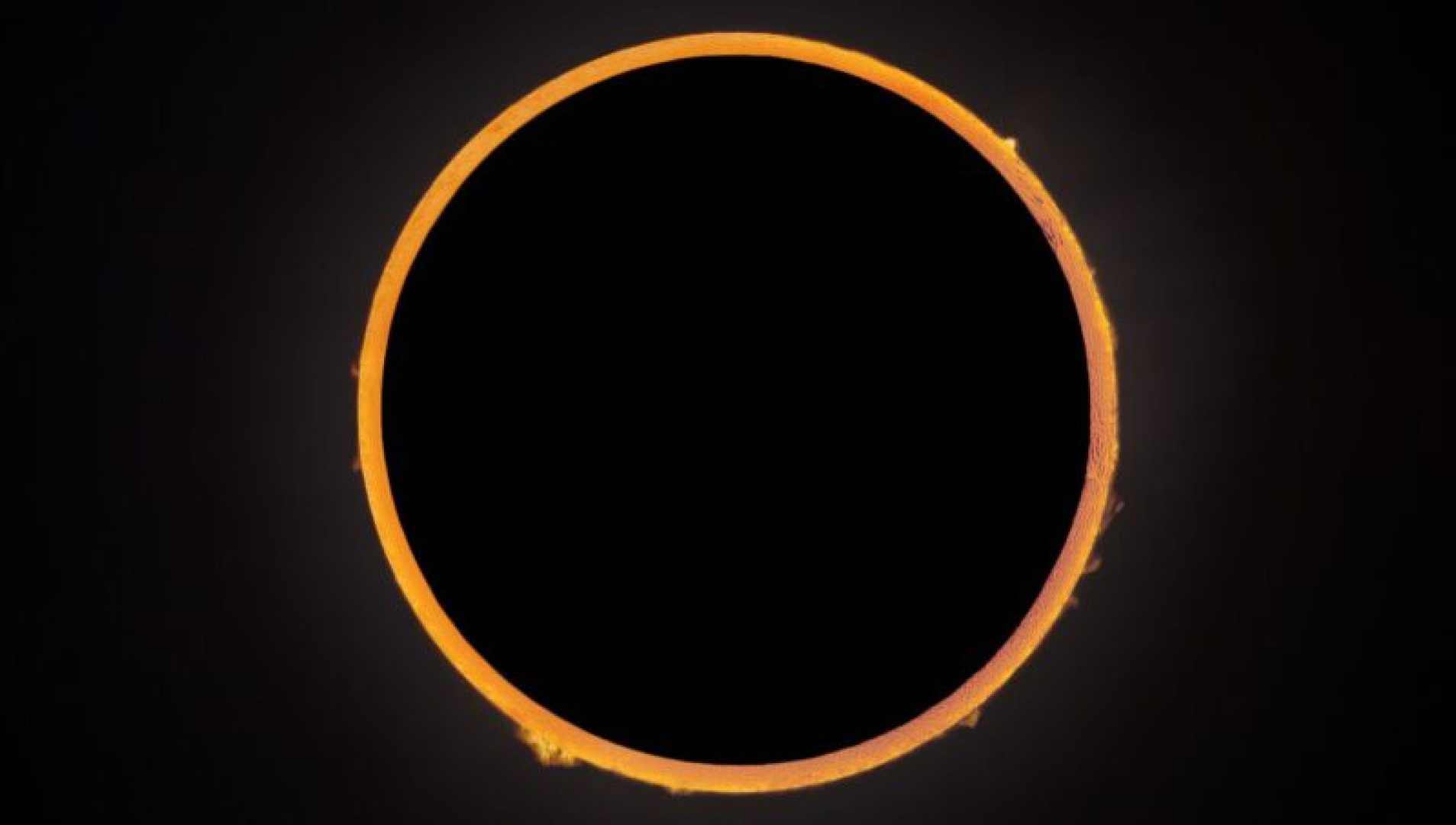News
Upcoming Annular Solar Eclipse on October 2, 2024

As the year 2024 draws towards its end, anticipation is building around the final solar eclipse of the year, set to occur on October 2. This celestial event will be an annular solar eclipse, characterized by the distinct “Ring of Fire” visible in the sky when the moon obscures the sun’s center, leaving its edges visible.
Earlier in 2024, on April 8, a total solar eclipse took place, an event that was described as the most significant of its kind in over five decades. However, it did not grace Indian skies, as it occurred during nighttime in the region. This upcoming annular eclipse also won’t be visible in India, but interested observers can watch it via live streaming.
According to the Royal Museums Greenwich, once a total solar eclipse occurs at a location on Earth, another won’t be seen there for nearly 400 years, highlighting the rarity of such phenomena. Solar eclipses generally occur between two to five times a year, but their visibility is limited to specific areas.
Solar eclipses are classified into four types: total, partial, annular, and hybrid. During a total solar eclipse, the moon entirely covers the sun, whereas an annular eclipse leaves a ring-like structure visible. A hybrid eclipse combines aspects of both total and annular eclipses.
The American space agency NASA confirms that the October 2 solar eclipse will be annular, marking the second occurrence of such an event this year. This eclipse will commence at night, around 9:13 PM, and conclude in the early hours of October 3.
Safety is paramount during solar eclipses, and experts caution against viewing the event with the naked eye due to the potential risk to eyesight. Special eclipse glasses or appropriate viewing methods are recommended for safe observation.
In Hindu tradition, solar eclipses hold cultural and religious significance, specifically occurring only during the new moon, when the sun and moon align with the Earth. This ties into broader beliefs and practices surrounding eclipses, such as observing religious rituals and avoiding certain activities during the event.
For those residing in regions where the eclipse will be visible, it presents a valuable opportunity to witness a remarkable astronomical event, albeit governed by certain cultural practices and precautions.












